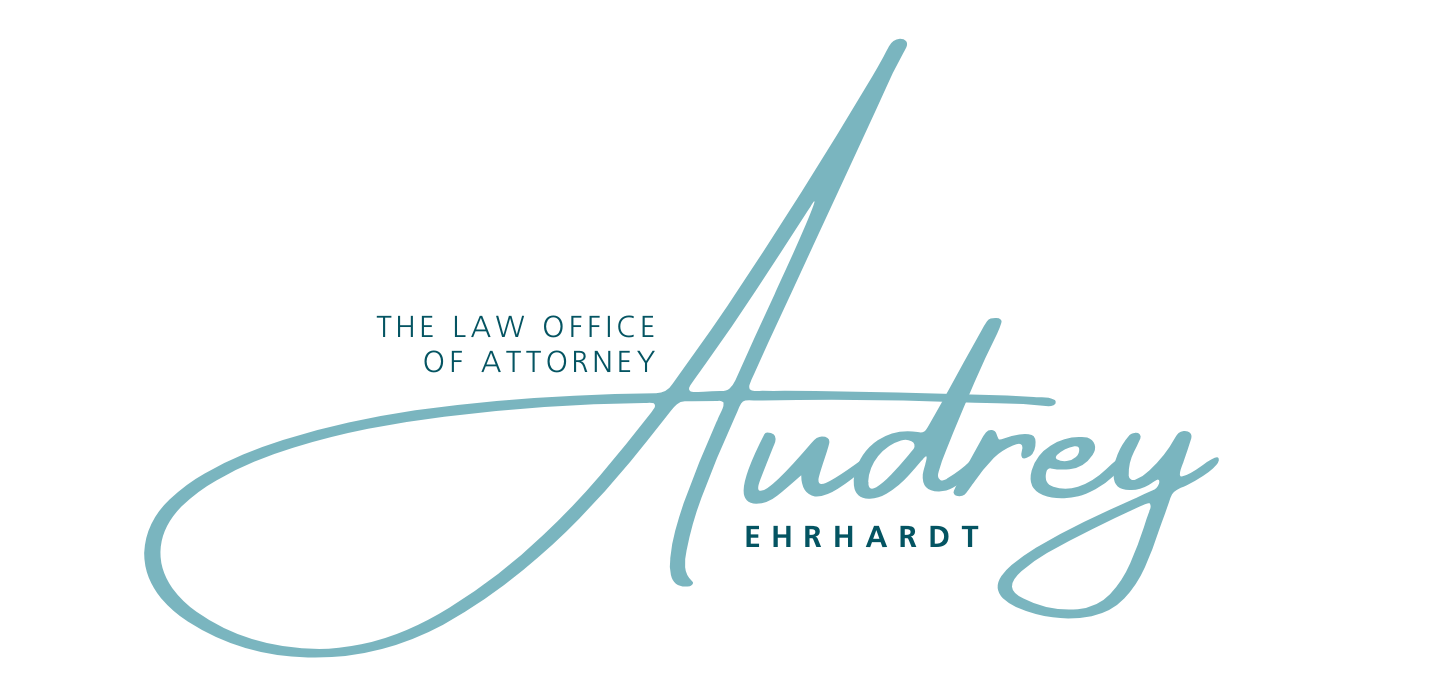Ancillary probate in Florida is a legal process required when a non-resident passes away owning property or assets in Florida. It ensures the proper distribution of these assets while respecting both Florida’s laws and the decedent’s home state laws. If you’re dealing with estate planning or the aftermath of a loved one’s passing, understanding when ancillary probate is necessary can save time, money, and stress.
What Is Ancillary Probate in Florida?
Ancillary probate is a secondary probate proceeding initiated in Florida for out-of-state individuals who own property or other assets located in the state. While the primary probate process occurs in the decedent’s home state, Florida courts handle the distribution of assets within its jurisdiction.
Key Scenarios When Ancillary Probate Is Needed in Florida
-
Ownership of Real Estate in Florida
If the decedent owned a house, vacation property, or any real estate in Florida, ancillary probate is required to transfer ownership to heirs or sell the property. This applies to titled assets such as condominiums or undeveloped land.
-
Florida-Based Financial Accounts
Bank accounts, investment accounts, or safe deposit boxes held in Florida may require ancillary probate if they were solely owned by the decedent without a designated beneficiary.
-
Business Interests
Ownership stakes in Florida-based businesses, such as LLCs, corporations, or partnerships, necessitate ancillary probate to ensure proper transfer or liquidation of these assets.
-
Unresolved Debts in Florida
If the decedent owed debts to Florida creditors, ancillary probate might be necessary to settle those claims and distribute the remaining assets accordingly.
-
Intestate Situations (No Will)
If the decedent died without a will, Florida’s intestate laws govern the distribution of assets within the state. Ancillary probate becomes essential to oversee this process for Florida-based assets.
How Does the Ancillary Probate Process Work?
The process begins with filing a petition in the Florida court where the property is located. Typically, the executor named in the primary probate case serves in the ancillary proceeding as well. The court validates the will (if available) or determines the rightful heirs according to Florida law. Assets are then distributed or sold based on these rulings.
Ways to Avoid Ancillary Probate in Florida
While ancillary probate is often unavoidable, certain estate planning strategies can help:
-
Establishing a Living Trust: Assets held in a living trust bypass probate entirely.
-
Joint Ownership with Right of Survivorship: Real estate co-owned with survivorship rights transfers directly to the co-owner upon death.
-
Designating Beneficiaries: Accounts with “payable on death” (POD) or “transfer on death” (TOD) designations transfer directly to the named beneficiaries.
Conclusion
Ancillary probate in Florida is a critical process for ensuring that out-of-state property and assets are distributed fairly and legally. Understanding when this procedure is required can help you navigate the complexities of estate administration with confidence. If you’re dealing with such a situation, consult an experienced probate attorney to streamline the process and minimize potential challenges.
By planning and knowing your options, you can protect your loved ones from unnecessary legal burdens.
Let me know if you’d like additional details or further customization







